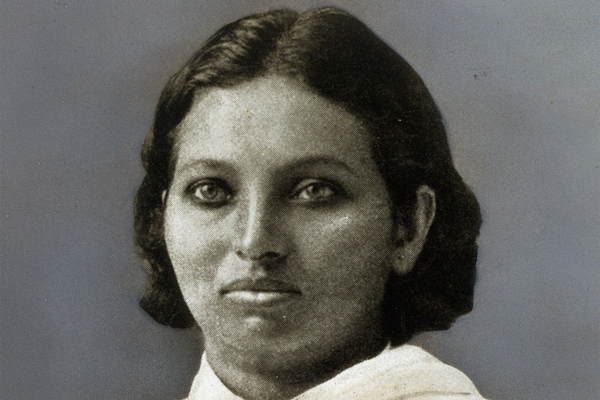Pandita Ramabai Sarasvati, a prominent Indian social reformer, was recently commemorated on her 166th birthday, celebrated for her significant contributions to women’s education and social reform in India.
About Pandita Ramabai (1858-1922):
- She was an Indian social reformer.
- She was one of the ten women delegates of the Congress session of 1889.
- She became a Christian during her time in England in the early 1880s.
- To raise money for helpless Indian women, she undertook a lengthy tour of the United States
- Sharada Sadan, a charity for child widows, was founded by her using the cash received.
- She provided testimony before the Hunter Commission, which the colonial government of India established in 1882 to investigate education.
- She connected with Christian groups working in Maharashtra, particularly a group of Anglican nuns, who were also engaged in women’s education and medical missionary work.
- she remained a staunch nationalist and maintained a consistent, anti-colonial stand.
- Throughout her tragic life, she stood for the cause of women’s emancipation through education, and self-improvement.
- She died on 5 April 1922.
Awards and Honors:
- She was the first woman to be awarded the titles of Pandita as a Sanskrit scholar and Sarasvati after being examined by the faculty of the University of Calcutta.
- In recognition of her works and dedication, the Government of India issued a commemorative stamp on 26 October 1989.
- A road in Mumbai, known as Pandita Ramabai Marg, is also named in her honour.
Ref:Source
| UPSC IAS Preparation Resources | |
| Current Affairs Analysis | Topperspedia |
| GS Shots | Simply Explained |
| Daily Flash Cards | Daily Quiz |



